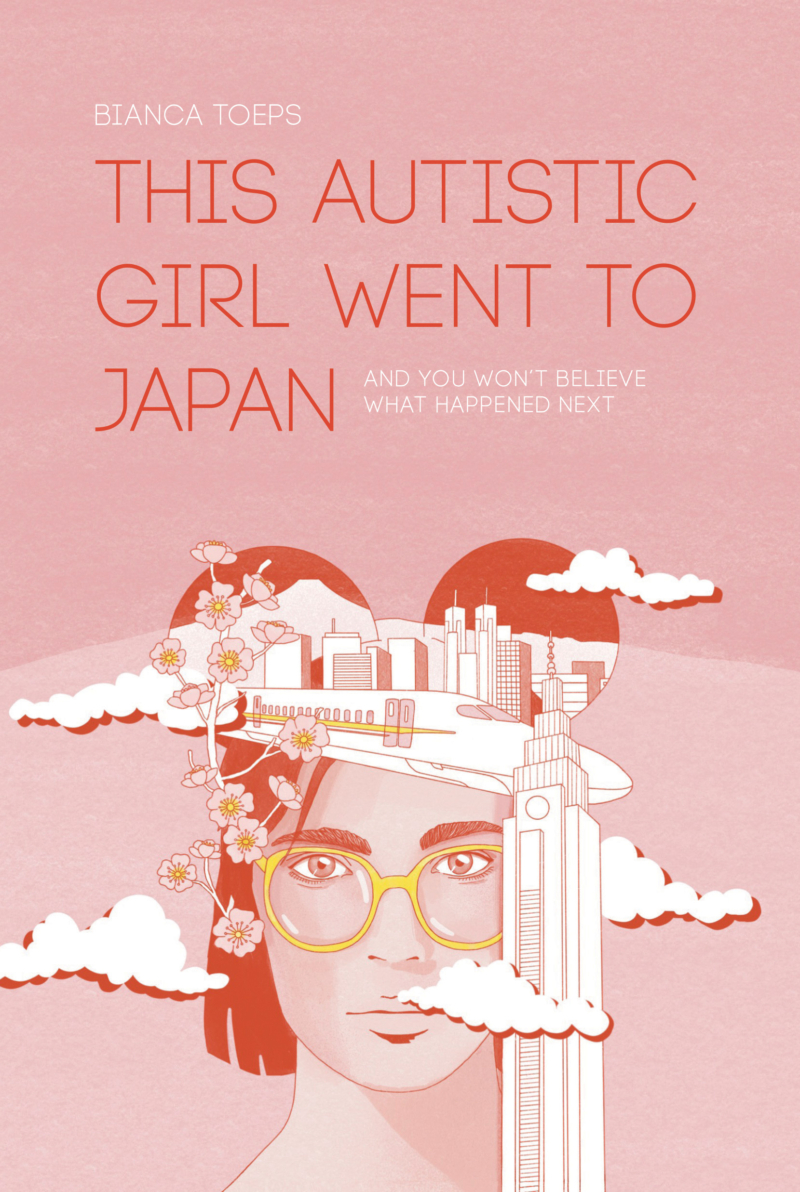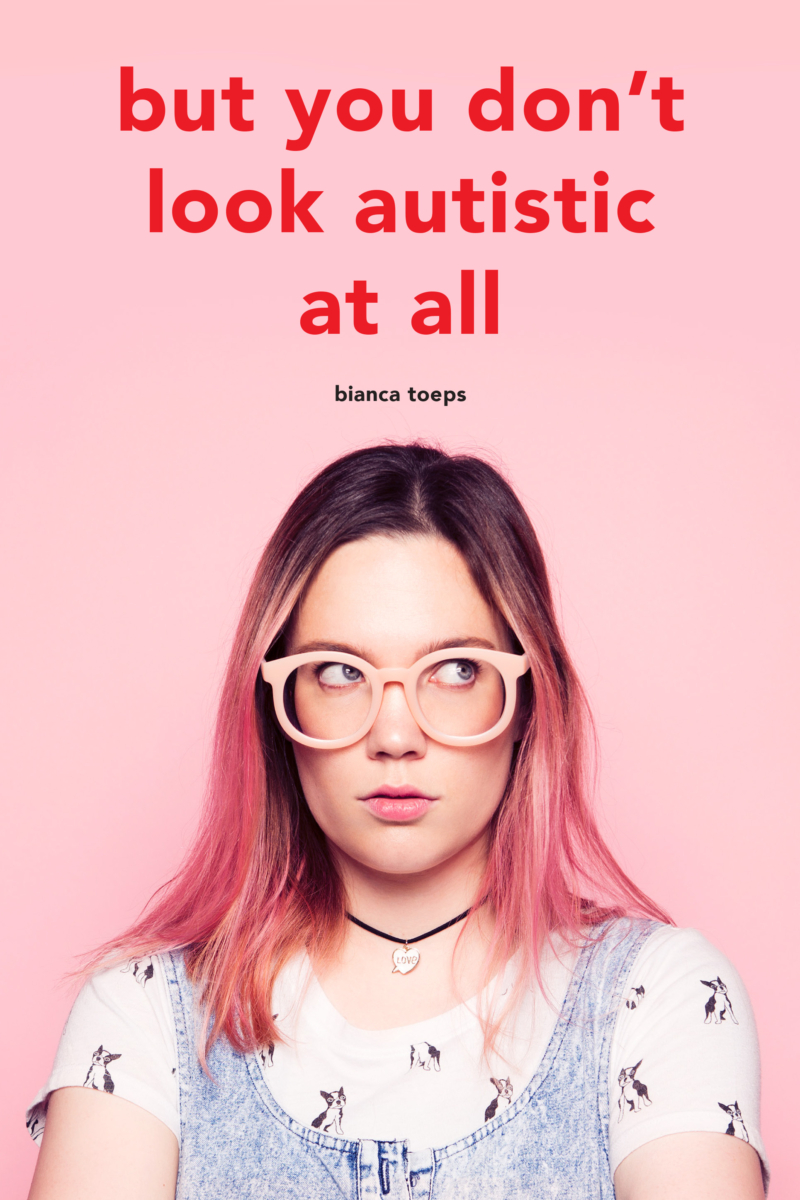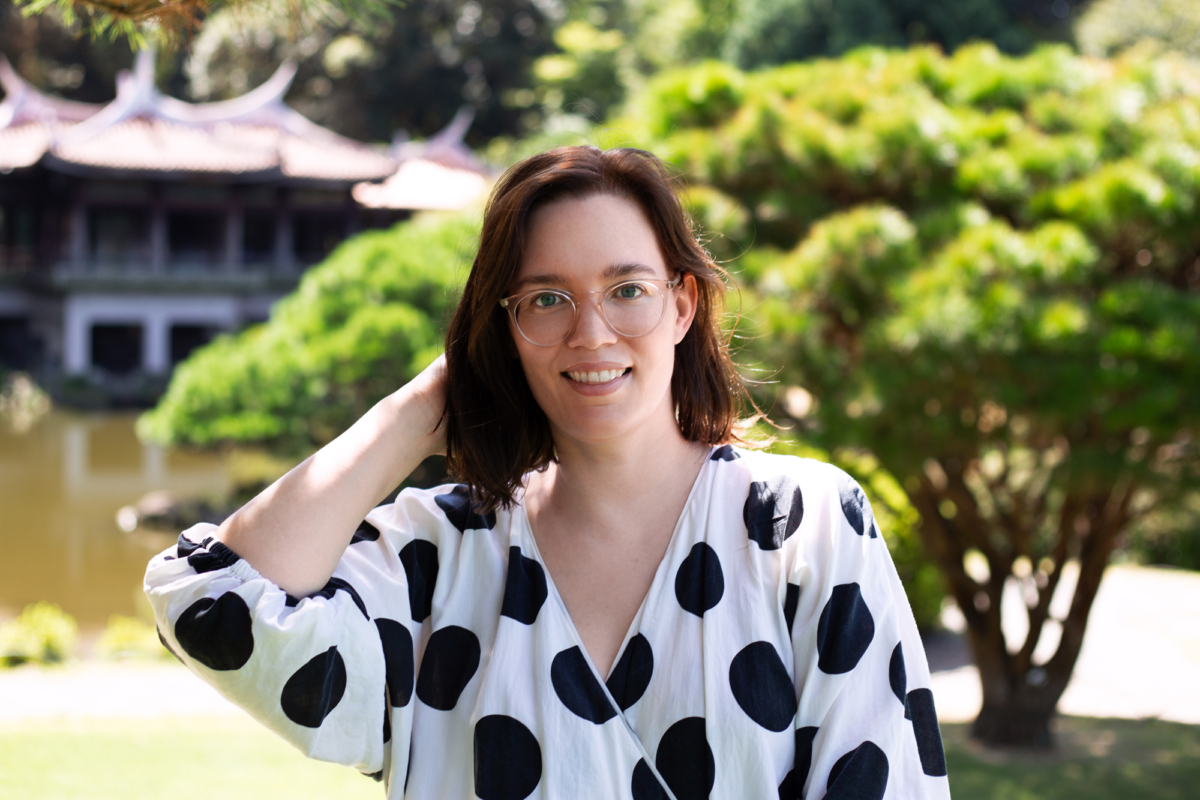“I just saw you on Dutch tv station Max, and I think it’s really bizarre that you have houses in the Netherlands and Japan (*), and a job. I think you take advantage of autism for your own gain, yuck!” An email with pretty much this content I received last week, when I was on the train back home from my appearance at Tijd voor Max, in which I talked about my new book. In less than half an hour, this triggered viewer had taken the effort to Google me, check out my site, draw his conclusions and compose an email – although, judging by the language and typing errors, it was a pretty rushed message. Just five minutes of furiously pounding on a keyboard and boom, he had told that faker on tv the truth for once!
Another reaction came in on Twitter. “What was that spoiled brat whining about not being allowed into Japan, what a wimp!” was pretty much the response. Now you may think I am deeply hurt by these messages, but believe me, I am not. I saw this coming so clearly that the intro to my new book is called “Inspiration Porn,” and explains why I do and do not want to be an inspiration. A comment I read earlier said I was unaware of my ~privilege~ because I went to Disneyland and not everyone could.
I’m not writing this blog to be pitied, or to hear from you that you do think I’m all nice and cool and whatnot. I want to use these examples, these reactions, to address a problem that many a kind-of-functioning autistic person probably recognizes. A kind of externally imposed impostor syndrome, or the opposite of forced masking: having to prove that you are really autistic, because how can you do XYZ?
Proof that I'm really really really really autistic
I could make a long list: Bullied from childhood in school. Relationships and friendships that went down the drain. Trips that failed, because after about four days of being totally overstimulated I either wanted to go home or got into a heated argument with my travel partner. Three unfinished studies. Client relationships ruined because I was so unsociable not to join them for dinner or drinks, because I wasn’t flexible enough in my delivery times or because I just came across as “aloof,” according to them. Months of lying on the couch depressed because everything was too much for me. An eating disorder, years of headaches several times a week, and stomach problems that still rear their heads at the most unfortunate times.
But then I got my autism diagnosis, and instead of wondering why I was such a failure, I was able to create new rules and routines for myself. Slowly but surely I learned to arrange my life in such a way that it was manageable for me. For a long time I thought that a headache after a day at work was normal, and when I discovered that it didn’t have to be that way, I wondered if it was still work. I still regularly have to pay for busy days with headaches, but I know that now, and if I can keep that day empty, I don’t mind so much. I’m just a stubborn brat who wants to do things in her life, and deal with the consequences later.
OK, we’re more than a decade later. I learned to utilize my talents and monetize them my way, and fell in love with Japan. Now I live there. Moving there was the hardest thing I’ve ever done; a massive adventure that was impossible to oversee and nearly plunged me into burnout, especially toward the end of the border closure. At the same time, I was traveling through Korea (or lying mentally exhausted in my hotel bed in Korea, but then again you don’t see that on Instagram). Partly escapism, of course, but also a luxury, that it was possible. “What a privilege!”, say the complaining people on the Internet. Of course. It is a privilege, for sure.
But is it only okay for me to write about my autism when I’ve hit rock bottom? When I’m in the middle of burnout, relapsing into my eating disorder or at least broke? Is my autism only then ~valid~? Have I cured myself if I’m doing too well? Well, the last time I checked, autism was not curable, so eh. I don’t think so.
Pitfalls and trade-offs
It’s also a catch, sometimes. If things are going super well for a while because I’ve arranged everything so that it’s manageable, sometimes I forget that it is necessary to do so. I then stop preparing trips extensively, and stop thinking about the possible problems I might encounter. My trip to Universal Studios in Osaka with François was such a situation. I thought, “It’s a Theme park, I know that scenario,” so I hadn’t given much thought to the Sarlacc Pit from hell called Super Nintendo World. It became a sensory overload that almost ruined our day: I wanted to get out, it later turned out that we weren’t supposed to actually be allowed back in, and only after explaining the situation to the Japanese staff could we go back so François could take his pictures, visit attractions and use his specially purchased Mario bracelet. Thanks in part to François, the day was then saved, but only after we had spent hours in a quiet corner with a slice of pizza. Fifteen years ago, this would have resulted in arguments, relationship problems and an additional dent in my self-esteem. And the fact that François knew about my diagnosis (and is such a sweetheart) helped tremendously.
“See, here she goes again about those theme parks; privilege! And then also pleading with the staff to get back in! What a faker!” Yeah you know, it’s okay. If, according to some people, I’m only autistic when I’m not doing anything at all, or when I’m totally depressed, then they can think that. If I then explain why things were difficult, and people call me a complainer or a whiner, I’m fine with that. It’s readily apparent after a few such comments that you can never do it right for some people – they have a certain idea of autism in their heads, and if my autism doesn’t match it 100%, then it’s fake. Or so they say.
A girl with two masters once complained in a review that I couldn’t have autism because I traveled. The irony was that with her autism she had two masters, and I had three unfinished studies. Mothers of autistic kids with intellectual disabilities, who may never get masters at all, complain that people like the aforementioned autistic person and I are nothing like their sons. But autism is a spectrum, so what one person struggles with may be a lot easier for another. And then what choices you make also plays into it. Because some things aren’t easy for me either, but I do them anyway, because I’d rather compromise in other areas. I live alone, in a mini-apartment. I have no children. No driver’s license. No 9-to-5.
So as I also say in my book: please don’t make comparisons – but if I manage to inspire you, that’s nice. I regularly hear back from readers, that they, partly inspired by my book, have done something they previously thought was too daunting. That doesn’t have to be a trip to Japan, it can also be a day at a museum, or a concert, or dinner. By the way, these readers also tell me that they were knocked out on the couch the day after, that they stayed for a shorter period of time, or that someone had to pick them up or bring them. Is that a privilege, then, about which you should do penance, or at least keep quiet, because there is always someone worse off? Or are autistic people also allowed to just enjoy life for a change? I think the latter.
* I have one apartment I bought in Japan. It is miniscule, serves as my office and cost about thirty thousand euros. Furthermore, I rent a similar apartment in Japan to live in, for 300 euros a month. I have zero living space in the Netherlands. When I am in the Netherlands, I stay with Riemer or other friends. The angry keyboard brigadier could have known that if he had actually read my book or website, but that doesn’t stop people from having an opinion these days.
Whoa, so oldschool! An RSS feed!
Save this link in your RSS reader and follow my blog however you want it – chronological, in your mailbox, in your browser... Yes, the past is here!
https://www.toeps.nl/blog-en/feed/







